"How the West won" by Rodney Stark
Why the West invented science and democracy? Why the West invented modernity?
Rodney Stark, an American sociologist specializing in religions, attempts to answer in this book the great historical question of the second millennium: why did Europe conquer the rest of the world and not the rest of the world conquer Europe?
For those in a hurry, here are the 4 main points to remember. Lower down, you'll find my full reading notes on this book.
4 main take-aways :
It's the West's particular mentality that explains its technological and economic rise. The author's thesis in 3 sentences: if the West conquered the world from the 16th century onwards, it was because it was technologically superior (better artillery and navy). This technological lead came from a particular mentality, which enabled it to invent modern science. This mentality, based on freedom and the quest for knowledge, is rooted in its Greek heritage and in Christianity.
Modern science was born of the idea that the universe operates according to rational rules dictated by an organizing God, and that these rules can be discovered, making scientific research possible and desirable. This belief, which has its roots in Greek heritage and Christian doctrine, is a Western singularity.
The author considers that the fall of the Roman and Carolingian empires was a blessing for Europe. The political fragmentation resulting from the fall of these empires encouraged creative competition between European nations, and this was a source of innovation in all fields (economic, military, technological). However, the author seems to overlook the main Roman legacy to the Western heritage (law), making Rome a mere relay of Athens.
Capitalism was born as early as the 10th and 11th centuries, in the great monasteries of Western Europe and in the Italian city-states. The Abbey of Cluny gave rise to "religious capitalism" (specialization of production, organization of work, development of credit). In the Italian city-states (Venice, Genoa, etc.), political power was no longer in the hands of a single sovereign, but was dispersed (merchants, bankers, etc.). Entrepreneurial freedom was encouraged, and private property was better protected against arbitrary confiscation.
Reading notes
Book outline :
INTRODUCTION
PART I : CLASSICAL BEGINNINGS (500 BC-AD 500)
Stagnant empires and the Greek miracle
Jerusalem’s Rational God
The Roman interlude
PART II : THE NOT-SO-DARK AGES (500-1200)
The blessing of disunity
Northern lights over Christendom
Freedom and Capitalism
PART III : MEDIEVAL TRANSFORMATIONS (1200 - 1500)
Climate, Plage and social change
The pursuit of Knowledge
Industry, Trade and Technology
Discovering the World
PART IV : THE DAWN OF MODERNITY (1500-1750)
New World conquests and colonies
The Golden Empire
The Lutheran reformation : Myths and realities
Exposing Muslims illusions
Science Comes of Age
PART V : MODERNITY (1750 - )
The industrial Revolution
Liberty and Prosperity
Globalization and Colonialism
___
INTRO
Rodney Stark’s positions :
Fall of Rome was the single most beneficial event in the rise of Western civilization
Dark Ages never happened : it was era of progress (invention of capitalism)
Dramatic changes in climate played a major role in the rise of the West (warm : 800-1250 / little Ice age : 1300-1850)
Europe did not get rich by draining wealth from its colonies : in fact, colonies drained wealth from Europe, and meanwhile gained the benefits of modernity.
He asks THE question. Why the West invented science and democracy ? Why the West invented modernity ? There have been many attempts to answer this question :
Favorable geography : but China, India and Africa are also blessed (growing seasons > to those of northern Europe)
Guns, sailing ships and steel : these causes need to be explained.
He gives primacy to ideas. Material and economic forces are not the original and sustaining causes of the modern rise.
It is ideas that explain why science arose only in the West. Only westerners thought that science was possible, that the universe functioned according to rational rules that could be discovered. “We owe the belief partly to the ancient Greeks and partly to the unique Judeo-Christian conception of God as a rational creator.”
___
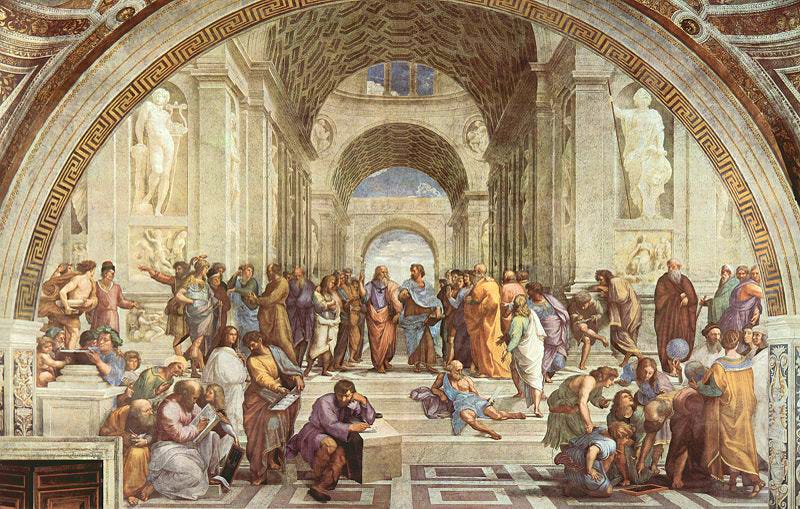
PART I : CLASSICAL BEGINNINGS (500 BC-AD 500)
1. Stagnant empires and the Greek miracle
At that time, tyrannical empires (Egypt, Chinese, Persia). Greeks : hundred of small independent city-states
Basic economic : all wealth derives from production. Property was insecure in the empires.
Greek miracle
6 areas of progress: warfare, democracy, economic progress, literacy, arts & technology. Ex: Greek sculpture => revolution of realism
Greek rationalism => Greeks proposed that the universe is orderly and governed by underlying principles that the human mind could discern through observation and reason. Ex : Thales correctly predicted a solar eclipse.
Pythagoras : insisted on the importance of maths in explaining the cosmos.
North Whitehead : “Western philosophy is a series of footnotes to Platon”. Plato is convinced that things are organized by a mind.
The biggest impact of Aristote : he develops rules for correct reasoning, formal logic.
___
2. Jerusalem’s Rational God
Greek philosophy had a profound impact among jews.
Early christians : accepted that God is eternal and rational. Our knowledge of his laws is progressive. Reason and progress : essential to the rise of the West.
Early Christianity and Greek philosophy
The rational creator of the cosmos : Augustine, in City of God (book 8), explains the bonds between Greek philosophy and Christianity. He noted that Plato perfected philosophy by using reason to prove the existence of God.
Faith in Progress : it is profoundly Christian.Science arose because of the doctrine of a rational creator of a rational universe made scientific inquiry plausible. Augustine, Aquinas : “God’s revelations are always limited to the capacity of humans at that time to comprehend”
___
3. The Roman interlude
“I regard the Roman Empire as at best a pause in the rise of the West, and more plausibly as a setback” ! :
No major innovation in road building. They were very narrow.
Like arts, so too Roman literature was fundamentally Greek
Edith Hamilton : “the brutal, bloody Roman games had nothing to do with the spirit of play. They were fathered by the Orient, not by Greece”
The christianization of the empire was the most beneficial aspect of the Roman era.
___
PART II : THE NOT-SO-DARK AGES (500-1200)
4. The blessing of disunity
“The fall of Rome was, in fact, the most beneficial event in the rise of Western civilization, precisely because it unleashed so many substantial and progressive changes.”
“Europe was blessed with lasting disunity ; periodic efforts to reestablish empires failed. Disunity enabled extensive, small-scale social experimentation and unleashed creative competition among hundreds of independent political units, which, in turn resulted in rapid and profound progress”
The Greek miracle also arose from disunity
Hayek : “European civilization … owes its origins and raison d’être to political anarchy”
The myth of Dark Age:
it is true that Roman cities and towns declined greatly in number and size after the fall of Rome. Population of Roma: from 500k to 50k between 400 and 600
But that's not to say that the West sank into darkness: these cities, which were primarily administrative nodes, no longer served any purpose.
Food was no longer subsidized, but studies show that people ate well during this Dark Age.
Yes, intellectual life did declined. Because the wealthy leisure class inherent in the parasitic nature of the imperial system had fallen away (wealth was drained from the province of the empire). The leisure class (who had time for nonproductive work) disappeared.
Dark Ages : great innovative era. Ex : Roman and Greek : monophonic music. Medieval : developed polyphony
Société du Bazacle in Toulouse : the oldest capitalistic company in the world
Dividing the Carolingian empire: “Europe’s precious disunity was restored”
Geography of disunity provided for creative competition
___
5. Northern lights over Christendom
Vikings brought new energy and enthusiasm to continue the West’s glorious journey..
Vikings were brutal but their societies were as civilized as the more southern one.
First Crusade : 2/4 armies led by Norman Knight
Far too many historians have had a strong preference for empires. Charlemagne was a bloodthirsty tyrant : it is ignored because he was devoted to Christendom and Roman civilization.
In contrast, Vikings were dismissed as enemies of civilization. But they were as civilized as the Franks.
6. Freedom and Capitalism
One of the most important ideas facilitating the rise of the West is the belief in free will.
Most ancient societies believed in fate : westerners came to believe that humans are relatively free to follow their conscience, and to make their own fate.
Free will
Unlike Greeks and Roman whose gods lacked virtue and did not concern with human misbehavior (other than failures to propriate them in the appropriate manner), the judeo-christian god is a judge who rewards virtue and punishes sin. => This conception of God is incompatible with fatalism.
“Go and sin no more” : responsibility to determine action.
St Augustine insisted on the notion of free will.
Abolition of European slavery
Slavery has been universal. American Indians had slaves long before the arrival of Colombus.
Slavery ended in medieval Europe only because the Church extended its sacraments to all slaves
But at the beginning, the Church is ok with slavery.
New democracies
Christian theology also provided the moral basis for the establishment of responsive regimes. But political freedom did not emerge throughout Christendom. It appeared first in Italian city-states. Why ? “because as these city-states expanded foreign trade, they dispersed political power among a set of well-matched interest groups: aristocracy, military, clergy but also merchants,bankers, manufacturers and workers’guilds.”
Venice : probably the first society to live by trade alone. Pouvoir peu à peu ouvert aux guildes.
Genoa : established Podesteria, a non-genoese city manager.
Inventing Capitalism
Max Weber is wrong. The rise of capitalism preceded the Reformation by centuries.
Braudel : Weber’s theory is clearly false. Northern countries invented nothing, either in technology or in business management (it was in old capitalist center of the Mediterranean). Rapid perfection of banking in Italian city states : the developed double-entry bookkeeping.
“The proximate cause of the rise of Italian capitalism was freedom from the rapacious rulers who repressed and consumed economic progress in most of the world”
Stark : capitalism was invented in the great monastic estates back in the 9th century.
Def of capitalism : “Capitalism is an economic system wherein privately owned, relatively well-organized, and stable firms pursue complex commercial activities within a relatively free (unregulated) market, taking a systematic, long-term approach to investing and reinvesting wealth (directly or indirectly) in productive activities involving a hired workforce and guided by anticipated and actual returns”
Capitalism rests on free markets, secure property rights and free (uncoerced) labor.
Bible does not directly condemn commerce.
Gradual expansion and specialization of monasteries in commercial activities (food, drink, clothes, sophisticated management). Invention of capitalism.
Development of credit in monasteries : they become banks (Cluny for example) and lend to aristocracy. Mort-gage (literally : dead pledge). Règle de St Benoit.
Randall Collins : “religious capitalism” emerged
Theological evolution (not condemning commerce) because great monastic orders participated in free markets.
Change in attitudes towards work that Christianity inspired : dignity of labor is incomprehensible in ancient Roma or pre-capitalist society.
In China, mandarin grew their fingernail to make it evident they dont labor.
Weber is wrong, capitalism appeared before Reformation.
“If there is a single factor responsible for the rise of the West, it is freedom. Freedom to hope. Freedom to act. Freedom to invest. Freedom to enjoy the fruits of one’s dreams as well as one’s labor. So much of that freedom emerged during the so-called Dark-Ages. The ramification would be felts for centuries to come”
___
PART III : MEDIEVAL TRANSFORMATIONS (1200 - 1500)
7. Climate, Plage and social change
Incredibly, historians dismissed the death of nearly half of the world population from the Black death (1346-1351).
2 fundamental catastrophes that have made several important positive contributions to the rise of modernity : Black death and Little Ice Age.
800-1250 : Medieval Warm period.
A good period for Europe.
Great gothic cathedral : Notre Dame (1163), Strasbourg (1190), Reims (1212). Cathedrals are a consequence of this Medieval Warm period.
The Little Ice Age
Famine spreads. 1317 : in all northern europe
1310 : Thames frozen
The black death
The horror of what took place is difficult to imagine. Petrarch : “empty houses, derelict cities, ruined estates, fields strewn with cadavers, a horrible and vast solitude encompassing the whole world”.
Ex, Givry in Burgondy. 1200 habitant in 1340 : 615 deaths in 1348
Italian father in Siena : “I buried my 5 kids with my own hands”. Les chiens dévoraient les corps.
Immense lands without owners => surviving landowners expanded, shortage of labors => The end of serfdom. Competition for labor
___
8. The pursuit of Knowledge
“The most fundamental key to the rise of Western civilization has been the dedication of so many of its most brilliant minds to pursuit of knowledge. Not to illumination. Not to enlightenment. Not to wisdom. But to knowledge. And the basis for this commitment to knowledge was the Christian commitment to theology”
Theology necessitates an image of God (one God, not many gods) as a conscious, rational, supernatural being of unlimited power and scope.
Confucianism : godless / Buddhism : denied existence of conscious God. No Muslim theology : dont apply human reason to questions about God
In contrast : Christian theologian have devoted centuries to reasoning about God's nature and about the very meaning of God’s teaching. Reason celebrated as the means to gain greater insight into divine intentions.
Invention of university. Cradle of learning : the university of Paris
The most important university of the Middle Age. Latin quarter
Start of the scientific revolution with Copernicus (1457-1543). The idea that the earth circles the sun didn't come out of the blue. 13 grands scientifiques ont préparé la découverte durant les 2 siècles précédents, peu à peu, en améliorant les connaissances existantes. 9/13 étaient issus de l'université de Paris.
___
9. Industry, Trade and Technology
Medieval Europe saw the rise of banking, manufacturing, network of trading cities. That's how the Industrial Revolution came about.
1900 : 409 western soldiers withstood Chinese imperial army during 55 days.
Political freedom in England fostered capitalism
Musketeers became the pride of European armies. European cannons made Europe’s warship invincible. 1509, Battle of Diu: 18 Portuguese ships sink 100 Ottoman and Mamluk ships off the coast of India. This battle is of major historical importance, marking the beginning of European domination of the Asian seas and the defeat of the then dominant power, the Ottoman Empire. The same at Lepante
___
10. Discovering the World
The first major achievement was the magnetic compass : generally attributed to China. => a magnetized needle in liquid points north.
Europeans were the first to place a map under the compass
1498 : de Gama landed near Calicut, India. When he sailed back, his cargo was worth 60 times the cost of the expedition
___
PART IV : THE DAWN OF MODERNITY (1500-1750)
11. New World conquests and colonies
The West discovers the extraordinary military superiority held over the rest of the world.
2 factors for the Spanish conquest of America
superior military technology and training
Aztec had such a numerical advantage, they should have easily won (Spanish were only 500). But Cortes was able to recruit local allies because the Aztecs were brutal tyrants who every year sacrificed tens of thousands of men, women and children seized from subordinated tribes (on arrachait le coeur des femmes vivantes).
The arrival of the Spanish put an end to human sacrifice and cannibalism.
The fall of the Aztec Empire took place between 1519 and 1521, during the conflict between the Aztec Empire (composed of the members of the Triple Alliance who dominated central Mexico and the Mesoamerican peoples who were its tributaries) and the armed troops of Hernán Cortés (initially made up of half a thousand Spanish conquistadors, joined by a variable number of indigenous Amerindians, eventually numbering several tens of thousands of fighters).
When the Spaniards arrived, the Tlaxcaltecs allied themselves with them, providing invaluable assistance in the form of warriors and refuge in their city after the Noche Triste. Since they had helped the Spaniards in their conquest of Mexico, the Tlaxcaltecs enjoyed privileges over other Mexican peoples. They could carry firearms, own horses and own farms.
___
12. The Golden Empire
Spain created the global society. Isabella and Ferdinand funded Colombus
___
13. The Lutheran reformation : Myths and realities
Luther is shocked by the impiety of the clergy during a trip to Rome. And by the sale of indulgences
Reason of spread of Reformation :
in most Europe, decision to embrace Lutheranism or to remain steadfastly within the Catholic church was made by an autocratic ruler
=> Autocratic opted for Reformation in places where Catholic Church had the greatest local power and chose to remain catholic in places where the church was extremely weak.
Ex: in Sweden, King Gustavus was looking for money. The Church there was very wealthy, so he opted for Protestantism and confiscated the Church's possessions.
The Reformation was a huge opportunity for territorial lords to loot church property.
“Protestantism prevailed only where the local rulers or councils had not already imposed their rule over the church”
Consequences of Reformation
=> he refutes Weber's undocumented thesis on the Protestant ethic at the origin of capitalism. “The rise of capitalism in Europe preceded the Reformation by centuries”
Hugh Trevor : “The idea that large-scale industrial capitalism was ideologically impossible before the Reformation is exploded by the simple fact that it existed”
=> Capitalisme appeared in great Catholic monasteries in 9th century and Italian cities in 11th century
___
14. Exposing Muslims illusions
Suleiman the Magnificent and its dream of conquering the West.
Knights of St John led by Philippe Villiers de l’isle d’adam : defends Rhodes then Malta.
In 1522, Philippe Villiers de l'isle d'adam defended the island of Rhodes with 600 knights and 4,500 men, under attack from 200,000 men of Suleiman the Magnificent. heroic resistance
On learning of his death, Suleiman the Magnificent, who had always admired the qualities of this exceptional character, had a panegyric published in the mosques of his empire in his honor: "Believers, learn from an infidel how one fulfills one's duty to the point of being admired and honored by one's enemies."
Jean de Valette, born in 1494 in Parisot (in today's Tarn-et-Garonne département) and died in 1568 in Malta, was the 49th Grand Master of the Hospitallers of the Order of St. John of Jerusalem, best known for having supported the 1565 siege of Malta against the Ottomans, and for having founded and given his name to the current capital of the Republic of Malta, La Valette.
The "Valette" family name originated "on the banks of the Aveyron river, referred to in ancient Latin records as Castrum Vallatum, lingua celtica, Valleta dictum".
P. Malta's capital is named after an Occitan man
___
15. Science Comes of Age
“Science did not suddenly erupt in a great intellectual revolution during Newton’s time; this era of superb achievements was the culmination of centuries of sustained, normal scientific progress”. There was no such thing as a scientific revolution in the 16th century
“Christianity was essential to the rise of science, which is why science was a purely Western phenomenon”.
Aristotle was not a scientist, because his explanations were not linked to systematic observations.
Science is best defined as a method used in organized efforts to formulate explanations of nature, always subject to modification and correction through systematic observations. Science is theory and research.
Stark lists the 52 star scientists of the time:
25% of these star scientists were members of the clergy.
60% of them were devout.
Newton wrote more about theology than physics - he even calculated a date for the parousia (return of Christ): 1948.
27% were English: if England was at the forefront of the scientific revolution, it's for the same reason as for the industrial revolution. Greater political and economic liberty had produced a relatively open class system that enabled the emergence of an ambitious and creative upper middle class.
The Christian basis of science
“Science arose only in Christian Europe because only medieval Europans believed that science was possible and desirable. And the basis for their belief was their image of God and his creation.”
Explained by Alfred North Whithead, English philosopher and mathematician :
Europeans believed in God as intelligent designer of rational universe and pursued the secrets of the creation. Early scientists felt morally obliged to pursue these secrets. And the scientists found these laws!
___
PART V : MODERNITY (1750 - )
16. The industrial Revolution
Even in the West, as recently as the 17th century, life was hard and short. Don't idealize the return to "simpler times": half of all newborn babies died in infancy.
“The reason for this extraordinary increase in the quality of life was simple: suddenly people were able to produce far more goods, including food, for far less labor. This “miracle” took place because machines - tireless, accurate and uncomplaining - replaced humans as the primary means of production, resulting in extraordinary gains in speed, and performance.”
The Industrial revolution involved so many inventions and innovations in so many different industries
James Watt : the single individual who contributed the most to the Industrial Revolution. The Steam machine changed everything.
Better and stronger iron : made possible to build smaller and lighter steam machines. A revolution providing portable power : steam engines became small enough to move themselves => trains.
“The Industrial Revolution was the culmination of the rise of the Western civilization that began 27 centuries ago in Greece. It was the product of human freedom and the pursuit of knowledge, which is precisely why it happened where and when it did.”
___
17. Liberty and Prosperity
“ Marx was correct to credit the bourgeoisie - that is, a newly respectable upper middle class- with the Industrial Revolution. The singular aspect of bourgeois societies is the belief that status and power should be achieved through merit rather than through inheritance. Innovation is valued and rewarded. Consequently, the 2 primary supports of bourgeois societies are education and liberty”
Compared with Britain, the continental nations lagged in liberty and education and achieved modernity later and less fully.
To fully explain why the Industrial revolution began in Britain, it is necessary to explain why it became a bourgeois society.
liberty and property rights. Adam Smith l’explique : "That security which the laws of Great Britain give to every man—that he shall enjoy the fruits of his own labour—is alone sufficient to make any country flourish (...).The natural effort of every individual to better his own condition, when suffered to exert itself with freedom and security, is so powerful a principle, that it is alone, without any assistance, not only capable of carrying on the society to wealth and prosperity, but of surmounting a hundred impertinent obstructions with which the folly of human laws too often encumber its operations, though the effect of these obscurities is always more or less either to encroach upon its freedom or to diminish its security. In Great Britain industry is perfectly secure, and though it is far from being perfectly free, it is as free or freer than in any other part of Europe.”
In France, taxes were so confiscatory that farmers avoided to have good horses or oxen, to appear poor to the tax collector.
cheap energy and high cost of labor in Britain
Embracing commerce in Great Britain. En Chine, les mandarins méprisaient les marchands.
American miracle : same reason than industrial revolution in Great Britain
political freedom, secure property rights, high wages, cheap energy, highly educated population
also, laws concerning bankruptcy facilitated industrial development. Laws limited legal liabilities sufficiently “to give debtors enough breathing space to survive their downfall and get back into the game”
From Freedom to Prosperity
___
18. Globalization and Colonialism
“It is worth remembering that the American revolution was fought largely because the British Parliament, tired of losing money on the thirteen colonies, tried to impose taxes sufficient to cover the cost of administering theme and defending them”
Gunboats - a reason for Western conquests
Nemesis was the first British ocean-going iron warship. Launched in 1839, the Nemesis was deployed to China – arriving late 1840 – and used to great effect in the First Opium War by Captain William Hutcheon Hall and later in 1842 by Captain Richard Collinson. The Chinese referred to her as the "devil ship"
=> a single ship destroyed many Chinese forts. A flotilla enabled the English to impose a peace treaty on the Chinese.



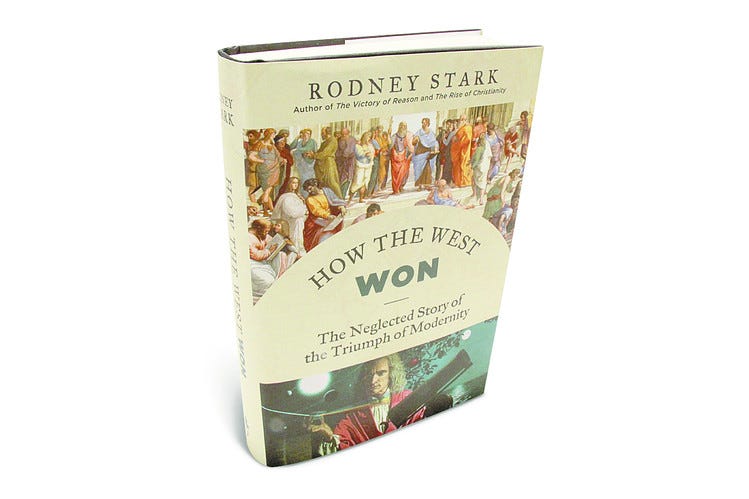
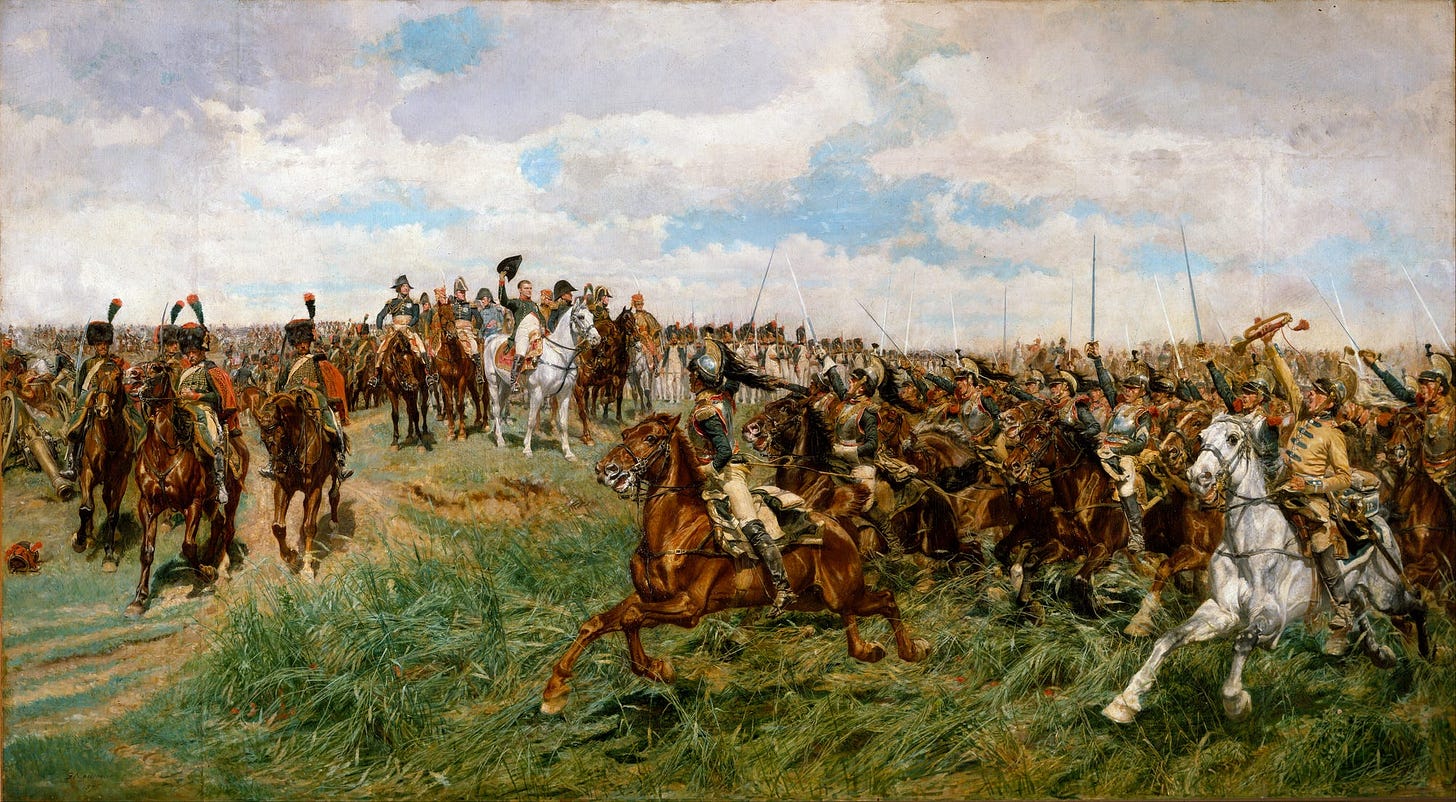
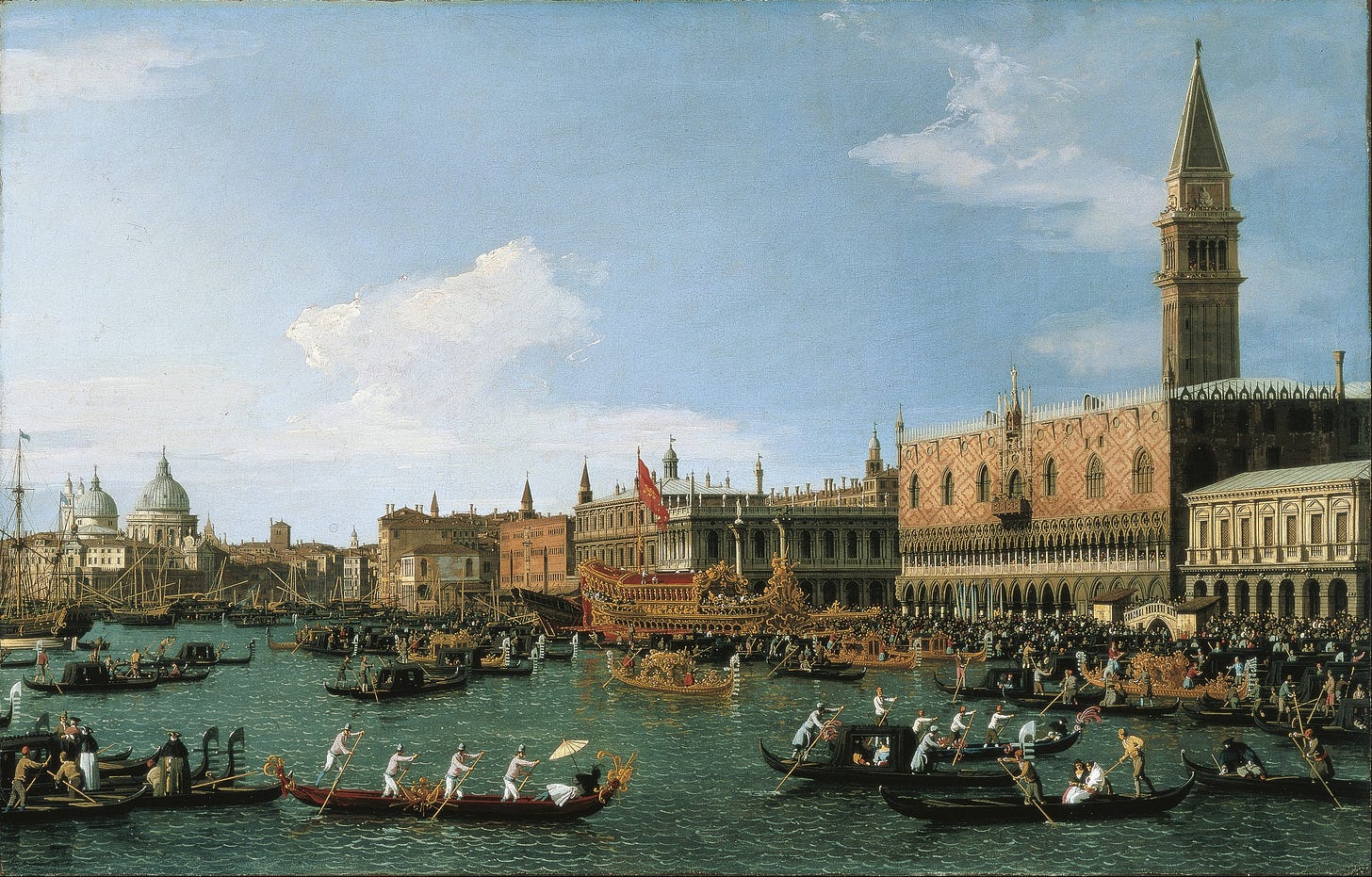
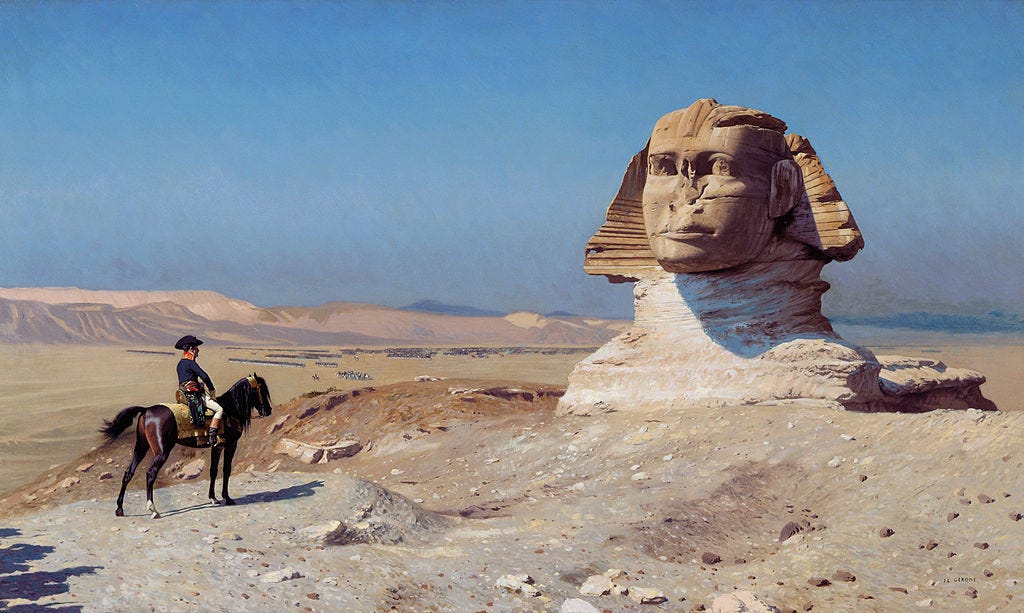


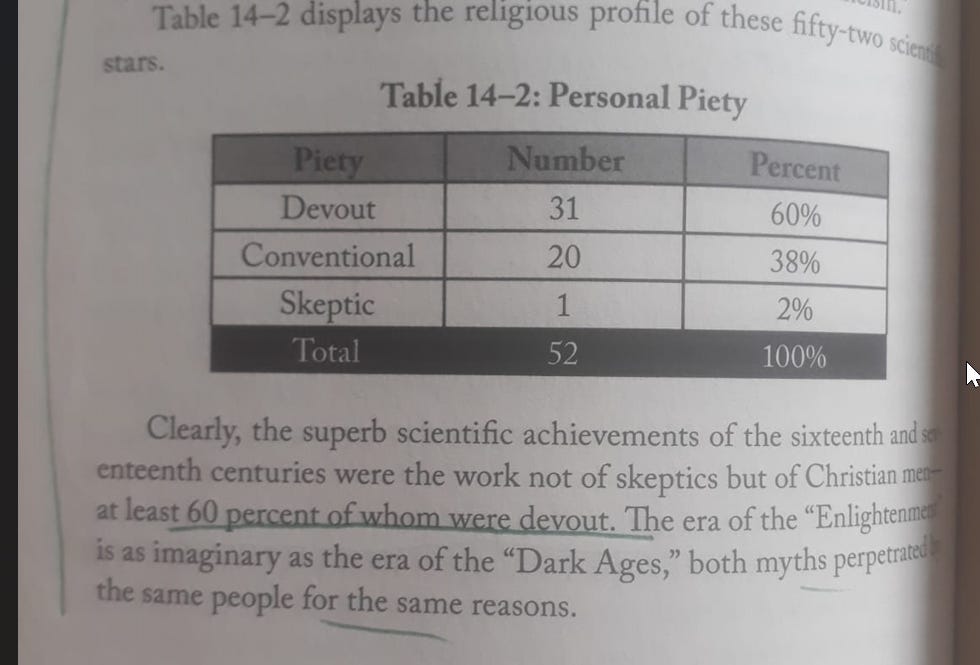


Well written!
I didn't know that one of the factors in Cortez' favor was the unrest from subjugated neighboring tribes tired of their community being repeatedly carried off for human sacrifice!